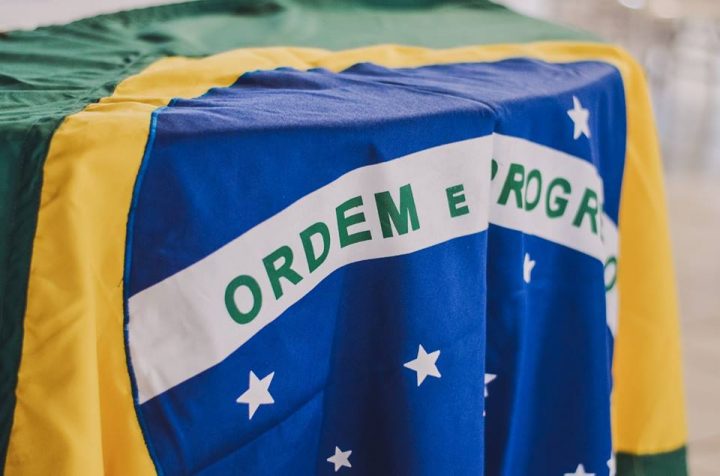After Jair Bolsonaro secured the presidential seat in the Brazil elections last Sunday, global network of Indigenous Peoples (IP) organizations International Indigenous Peoples Movement for Self-Determination and Liberation (IPMSDL) fears that the Bolsonaro government is a ‘threat’ to the lives and rights of IP in the country following the new president’s bold pronouncements of boosting the economy by opening up protected areas in the Amazon giving way to mining and oil projects that have been linked to the spike of killings in the region.
“We fear for the lives and safety of our indigenous leaders and communities in Brazil with a government that has very little regard to the right to self-determination of the Indigenous Peoples. With the kind of declarations he has been proudly circulating, he already exposed himself as a collaborator of mining corporations and corporate businesses drooling to plunder the rich ancestral lands and protected rainforest of the Amazons,” said Beverly Sakongan Longid, Global Coordinator of IPMSDL.
According to Global Witness report, 57 killings in 2017 is recorded Brazil, making it the most dangerous place in the world for environmental, land, and indigenous activists. Around 80% of these killings happen while protecting the natural riches of the Amazon.
“Bolsonaro may have been deaf or blind to the alarming news that Brazil has been one of the most dangerous places for IP defenders as land-related conflicts continue to erupt. But what is more appalling is how he, as a former army captain, unpretentiously praise the grim military dictatorship era that has displaced, killed, and tortured thousands of Indians in the Amazon,” she added.
During his campaign, Bolsonaro said “not one centimeter of land will be demarcated for indigenous reserves or quilombolas (descendants of African slaves)”, giving way to mining. He is also keen on opening hydroelectric dams in the water reserves and roads cutting across the Amazon.
To fast track licensing of plantation and extractive businesses, Bolsonaro also pledged to combine the country’s oversight and environment watchdog Environment Ministry with the Agriculture Ministry, which on the other hand is heavily controlled by his allies in the agribusiness sector.
“Everything could be in danger-the hard earned victories of indigenous leaders against illegal loggers, the hopes built around envxironment protection in the Escazu Agreement, the prime role of the Amazon in battling climate change, and the culture and very existence of Indigenous Peoples and their childrenl. But although the threats are looming, the global solidarity of indigenous peoples movements whether in Brazil, in the whole of Latin America, Africa, and Asia will continue to grow and advance to assert our rights,” explained Longid.
IPMSDL






